As London Fashion Week (LFW) kicked off just a few days ago on September 12th, 2024, the buzz of excitement is palpable. This year’s LFW event, “Blending Digital and Physical Elements”, is already proving to be a showcase of innovation, creativity, and culture — it’s literally what everyone has been talking about!
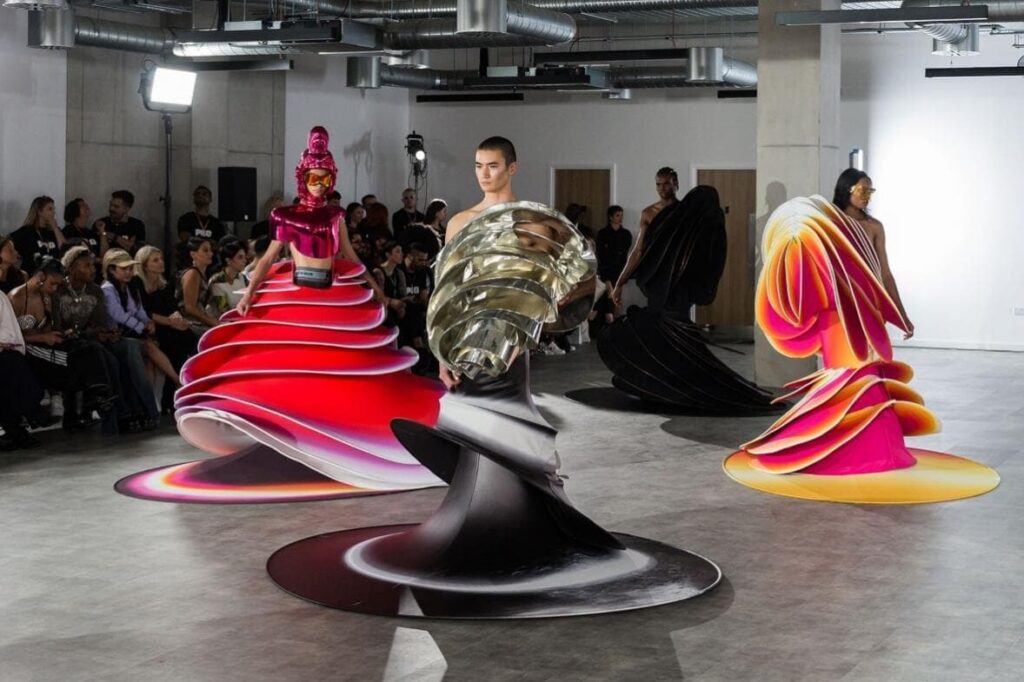
But we are here to tell you something more interesting sister; LFW is not just about showcasing new collections; it’s a reflection of fashion history, a celebration of the journey that has taken London from a bustling market of independent creators to a global powerhouse in the industry.
Today, we want to take you back in time and show you all about the legacy of London Fashion Week and the vital, often overlooked, contributions of Black women that have shaped not only the runway but the recognition of diverse bodies and stories.
The History of London Fashion Week – A Quick Time Capsule.

When London Fashion Week debuted in 1984, it immediately became known as one of the “Big Four” fashion weeks, along with Milan, New York, and Paris. Known for its avant-garde, revolutionary spirit, LFW has always been a place where creative minds come together to challenge the norms and set trends that reverberate across the globe, and over the years, it has become the go-to event for showcasing emerging talent, fostering new designers, and pushing boundaries in fashion.Black British designers have played a pivotal role in this evolution. Visionaries such as Ozwald Boateng, one of the first Black designers to rise to prominence in the UK, Grace Wales Bonner, whose collections explore Black identity through minimalist elegance, and Martine Rose, who blends streetwear with high fashion, have all made their mark at London Fashion Week. These designers represent not only groundbreaking style but also a rich cultural narrative that has shaped and continues to shape LFW’s identity.
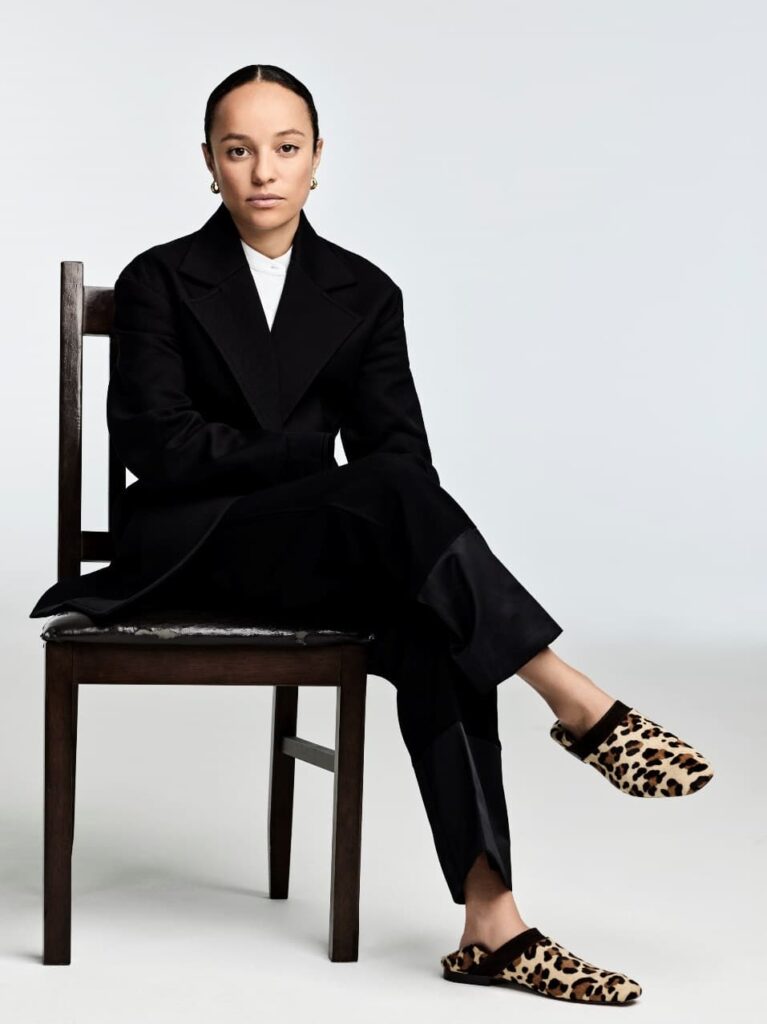
Black Women at the Forefront: Making Waves on the Catwalk.
For decades, Black women have been at the forefront of fashion’s fight for representation, inclusion, and the recognition of the beauty and power of all bodies. From the models who broke through racial barriers to the designers and creatives reshaping the way fashion views Black beauty, their contributions cannot be overstated.
Trailblazers like Naomi Campbell, one of the original supermodels, and Grace Jones, a muse who blurred the lines between fashion, music, and art, have long been symbols of Black excellence in fashion. They challenged outdated standards of beauty, demanding that Black bodies not only be seen but celebrated. Their work opened doors for more inclusive representation on the runway, and today, Black women continue to define what it means to be a trendsetter in the world of fashion.In more recent years, designers like Aurora James of Brother Vellies, Kenneth Ize, and Bianca Saunders have carried forward the torch of Black excellence in fashion, bringing African and Black aesthetics to global audiences. Their work champions sustainable practices, honors tradition, and embraces cultural storytelling, all while challenging Western fashion’s historically narrow standards.
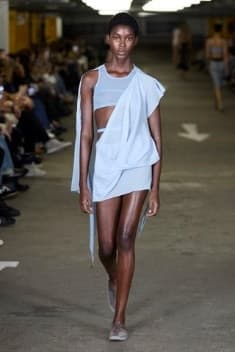
Contributions of Black Women at London Fashion Week Over Time
London Fashion Week has become a crucial stage for Black women designers and creatives to showcase their vision and tell their stories. Whether it’s through bold designs or pushing for more inclusivity in the fashion world, these women have helped reshape the industry, one runway show at a time.Now, let’s talk about Priya Ahluwalia, founder of the brand Ahluwalia, whose Nigerian and Indian roots heavily influence her designs. She is well-known for her innovative use of dead-stock materials and her exploration of cultural identities; Ahluwalia’s work has garnered international acclaim and solidified her as a leading voice in sustainable fashion.
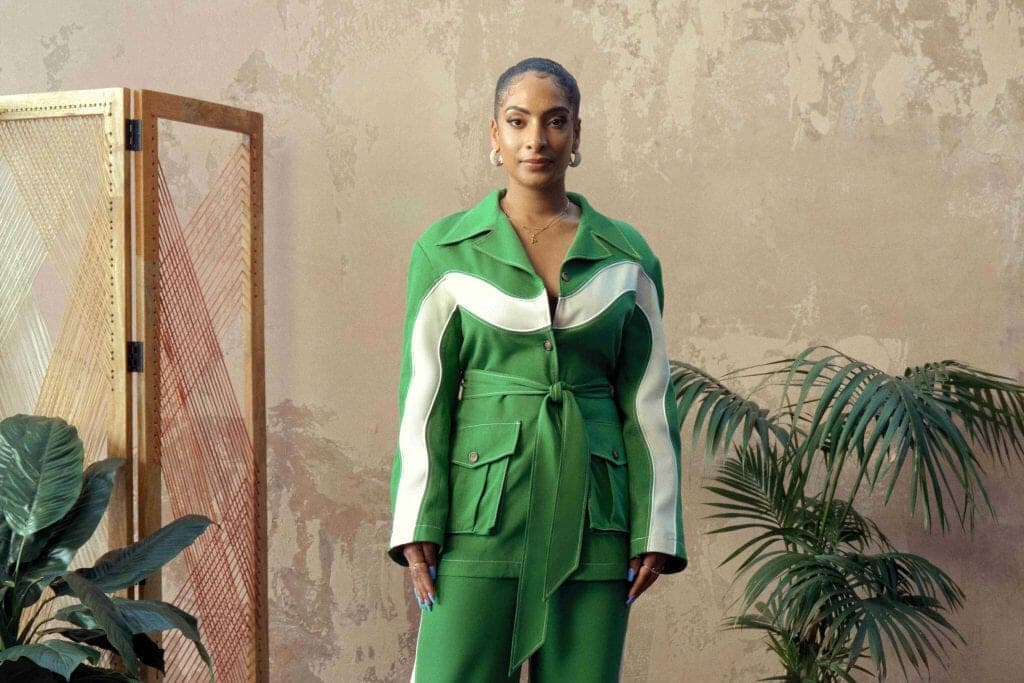
Also, while we celebrate LFW’s legacy and contributions this year, we can’t overlook the impact of designers like Tolu Coker, part of the BFC NEWGEN group, who fuses art, activism, and fashion into powerful collections that celebrate Black identity and challenge societal norms. Tolu’s work is representative of the future of fashion—one that is inclusive, boundary-breaking, and deeply connected to the stories of Black communities
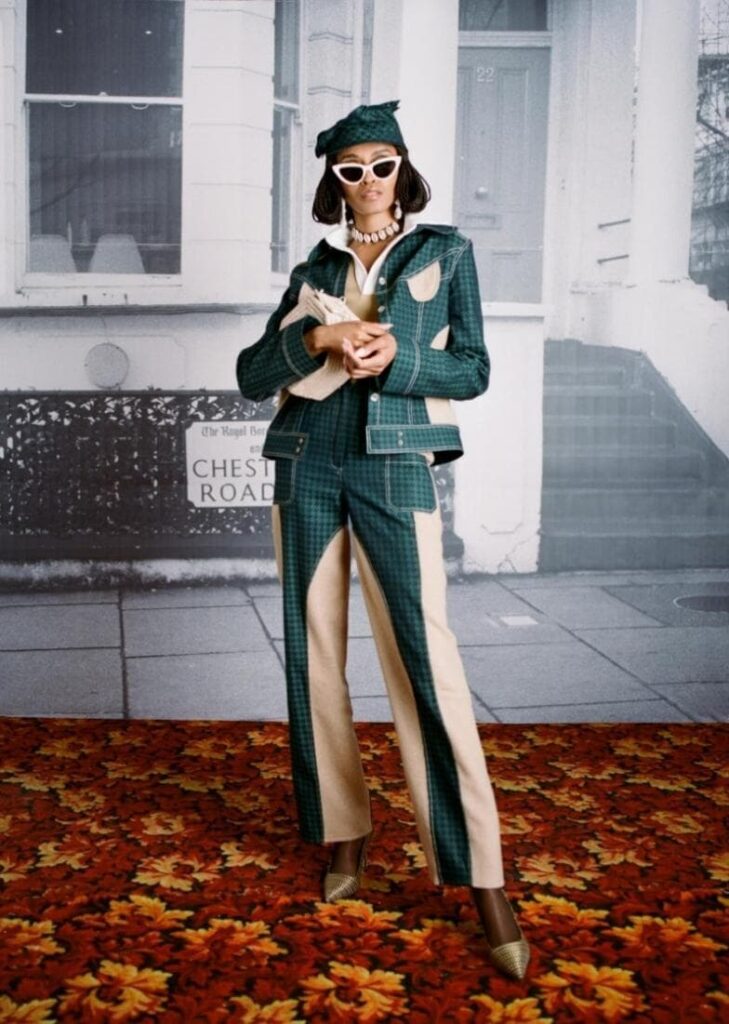
“Can we ever overemphasize the power of a Black Woman?”
While you are thinking about that, let’s talk about…
This Year’s London Fashion Week: Showcasing Great Britain’s Diverse Artistic Talent
From what we have seen so far of LFW 2024, it’s clear that this season continues to honor that tradition of breaking barriers. This year’s schedule includes several designers whose work speaks to the evolution of Black representation in fashion.Harris Reed, Patrick McDowell, and Standing Ground are among the exciting names new to this year’s roster, each bringing unique visions to the stage. Meanwhile, returning names like Ahluwalia, who continues to be a standout in fusing fashion with activism, and other designers like Dilara Findikoglu, Richard Quinn, and Simone Rocha round out a lineup that reflects the diversity and global influence of London Fashion Week.
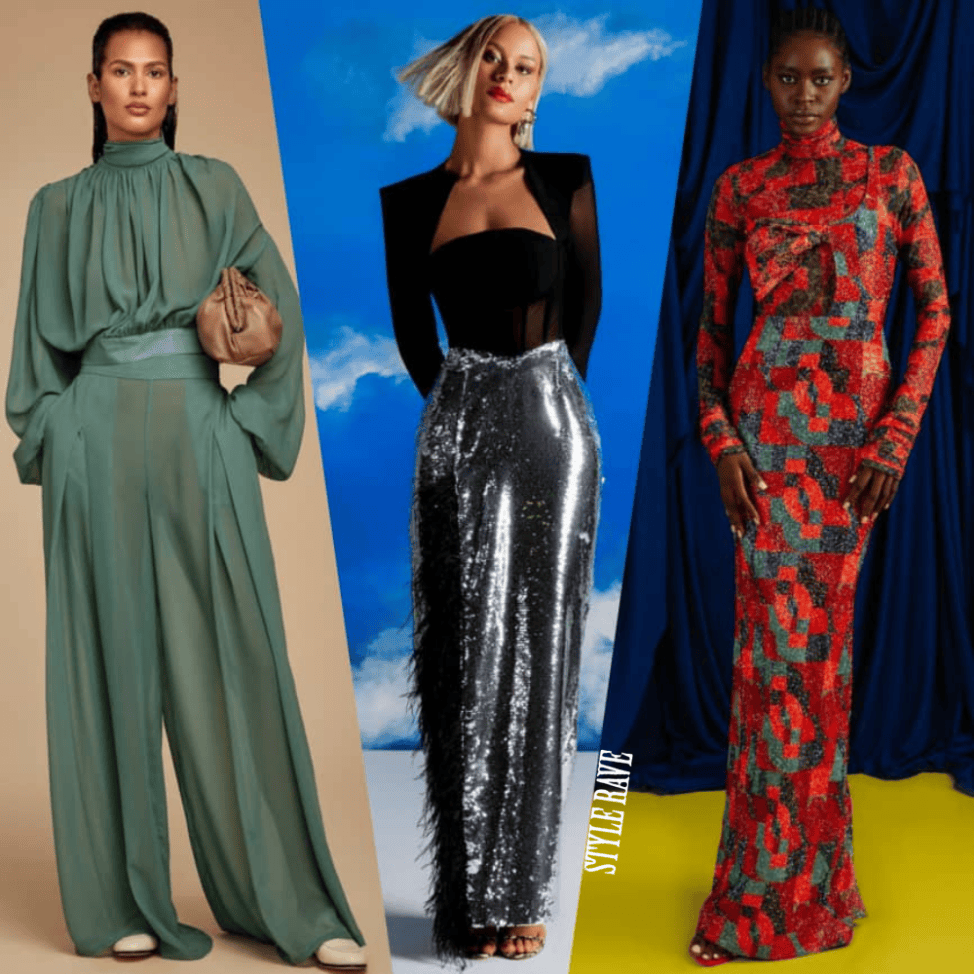
The presence of Black women creatives and designers is more prominent than ever, but it’s not just about the runway—it’s about shaping the very future of the industry.
As London Fashion Week continues through to September 17th, there’s a lot to look forward to. From catwalk shows to digital presentations, the intersection of fashion, culture, and technology is on full display. But beyond the dazzling garments and show-stopping moments, the real achievement is the recognition of the Black women who have continuously pushed for a more inclusive, body-positive, and culturally rich fashion world.
LFW40 is not just a moment to celebrate; it’s a milestone in an ongoing journey toward greater representation and creativity in fashion. The contributions of Black women—both behind the scenes and on the runways—are integral to this evolution. Meaning that, as we look to the future, we do so knowing that the fashion world is in good hands: shaped by the vision, resilience, and creativity of Black women who have always been ahead of the curve.
As this exciting week progresses, let’s celebrate not only the achievements of the designers and models we see today but also the rich history and contributions of Black women who have paved the way for a more inclusive and powerful fashion industry.
Here’s to London Fashion Week and the incredible Black women who continue to make history on its stage!


